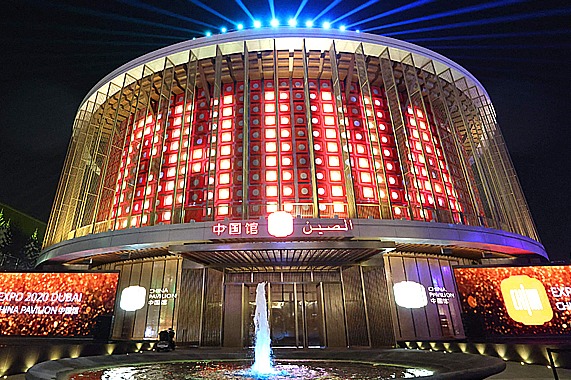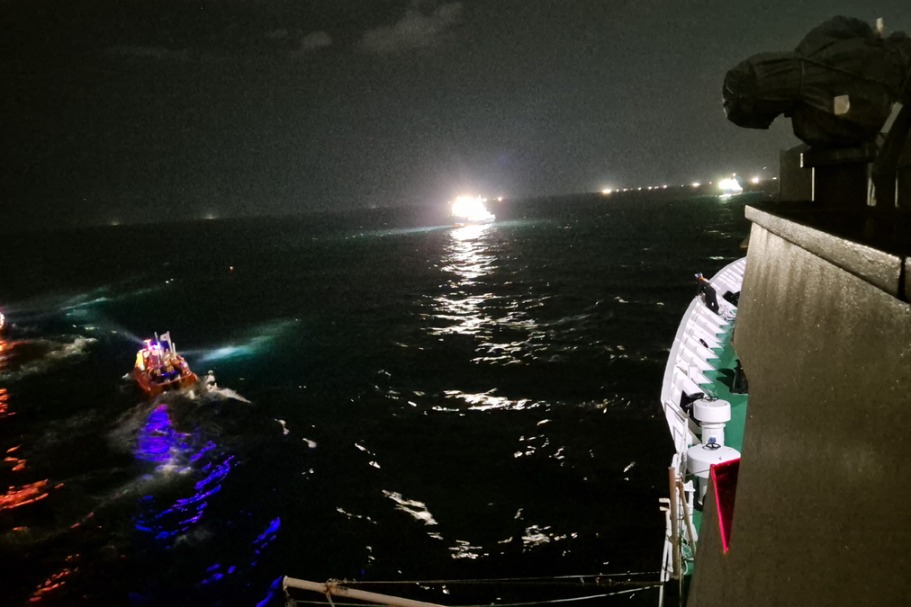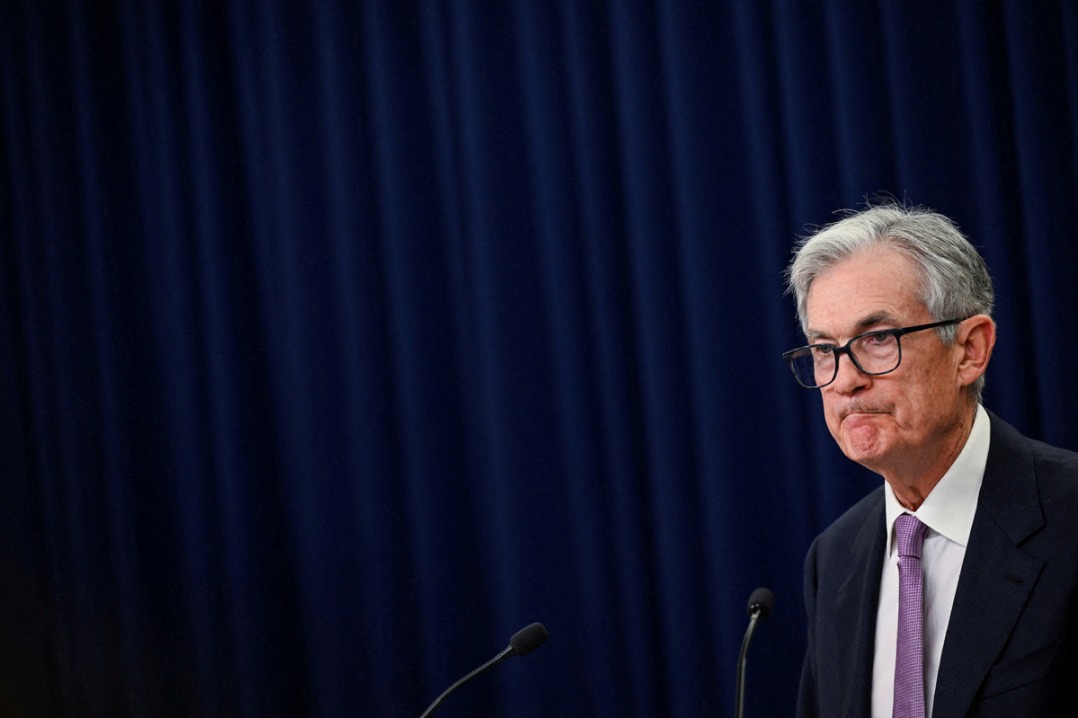Peace talks needed to put an end to Ukraine crisis

The conflict between Russia and Ukraine has been going on for a year, and the situation on the battlefield is still at a stalemate.
The largest conflict since the beginning of the 21st century has caused a large number of casualties and incalculable property losses among combatants and civilians on both sides. It also has caused a complex global crisis in the supply chains of energy, food and other commodities, as well as the global industrial chain, severely slowing down the recovery of a world economy already in the doldrums.
At the annual meeting of the World Economic Forum in Davos in January, nearly two-thirds of the chief economists surveyed predicted that the world economy could still be in recession this year.
It goes without saying that an early end to the Russia-Ukraine conflict would serve not only the interests of the two countries and the European region, but also the common interests of all countries in the world. However, due to the fact that Russia and Ukraine have not yet reached a minimum consensus on the conditions for a truce, the United States-led NATO group has been escalating sanctions against Russia and increasing military aid to Ukraine. So the hope of resolving the conflict is very slim.
During the G20 Summit in Bali, Indonesia, in November, leaders of China and the US put up three issues that needed to be seriously considered. First, there are no winners in conflicts; second, there are no simple solutions to complex issues; and third, confrontation between major powers must be avoided. The formation of principled consensus among countries on these three issues is a prerequisite for promoting peace and talks to resolve the Russia-Ukraine conflict.
First, the conflict has brought untold disasters to both countries. It is impossible for either side to achieve a unilateral, complete victory through fights on the battlefield. Moreover, with the increasing intensity of the conflict, it may cause unpredictable spillover risks to Europe and the world at large.
In November, when meeting with visiting German Chancellor Olaf Scholz, President Xi Jinping proposed that the international community should jointly support all efforts to peacefully resolve the Ukraine crisis, oppose the use or threat of use of nuclear weapons, ensure the stability of global industrial and supply chains, and provide winter aid to civilians in areas affected by the crisis. These proposals are in line with the interests of the world and mankind and should become the common principles for the international community in resolving the Russia-Ukraine conflict.
Second, the Ukraine crisis has a complex historical background. It is the result of intensified conflicts in European security and also the product of geopolitical games between major powers. On April 4 last year, while meeting with German and French leaders via video link, President Xi made it clear that the sovereignty and territorial integrity of all countries should be respected, the purposes and principles of the United Nations Charter should be observed, the legitimate security concerns of all countries should be taken seriously, and all efforts conducive to a peaceful settlement of the crisis should be supported.
The unilateral acquisition of absolute security is the ideological root of the tragedy of the conflict between Russia and Ukraine. As an indivisible security community, human society can truly resolve complex international security issues only when guided by a security concept that advocates cooperation and sustainability.
Third, the confrontation between major powers is bound to bring untold disasters to the parties concerned and the whole world, which should be the most profound warning to mankind from the Russia-Ukraine conflict.
It is an old formula of the Cold War mentality to strengthen unity at home and within a group of countries through the way of making foreign enemies. It is actually an act of international hegemony and bullying, which has become increasingly unpopular around the world. It is against this background that Western countries, including the US, have repeatedly said they have no intention of creating a "new Cold War", but meanwhile clearly regard China as their main competitor and Russia as their biggest security threat.
The Russia-Ukraine conflict is the latest proof that making enemies and creating confrontation does not bring sustainable benefits to any country or group of countries.
Friday marks the one-year anniversary of the outbreak of the Russia-Ukraine conflict, and the world is once again at a crossroads in history. It is not clear when the conflict will end, but it is clear that cooperation brings win-win results and conflict creates a lose-lose situation.
Data show that, so far, NATO member states have provided Ukraine with at least $40 billion in military aid, which is equivalent to 25 percent of the country's gross domestic product in 2021. It also means that, in effect, each Ukrainian has received $1,000 in aid, based on a prewar population of 40 million. Unfortunately, instead of benefiting Ukrainians, this aid will turn into weapons that will destroy their homeland.
It is a shame that such a tragedy is happening in the 21st century. All countries should join hands to promote peace talks and bring the world back on the right track of harmonious coexistence and win-win cooperation.
The author is deputy director of the Chinese Academy of Social Sciences' Institute of Russian, Eastern European and Central Asian Studies.

































